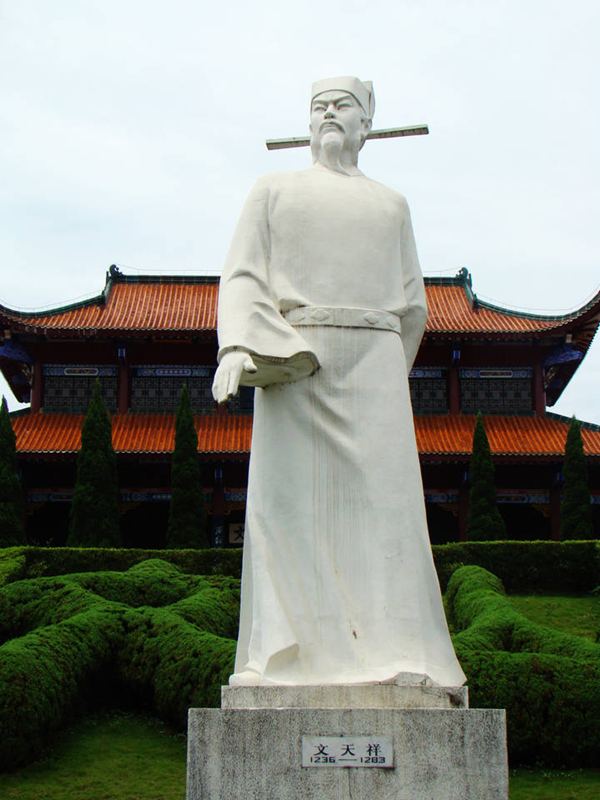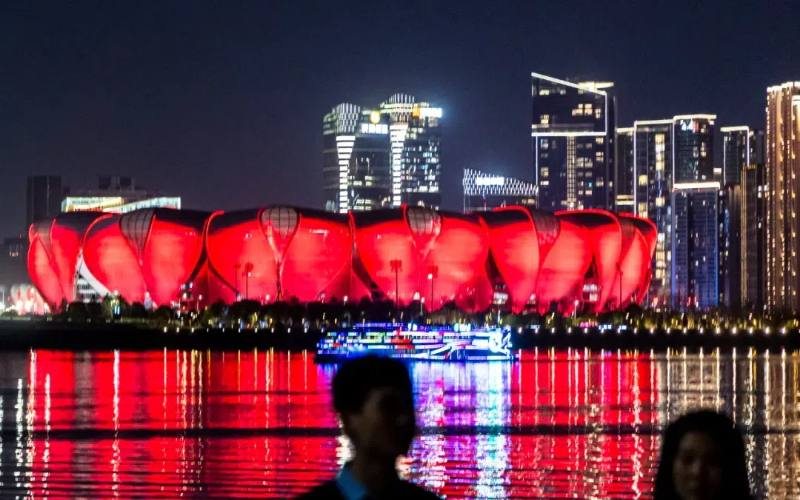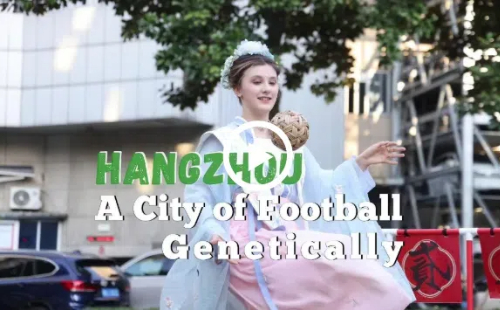Hangzhou a historic sanctuary of patriotism
At the Hai'er Alley in Hangzhou's Xiacheng district stands the Memorial Hall to Lu You.
Lu You (1125-1210), one of China's most prolific and famous poets, wrote one of his greatest poems in the alley in his later years.
Lu was an official living in Lin'an who routinely boldly advised the emperors to wage wars to restore the ancestral land. Disappointed by the dynasty's appeasement policy, Lu conveyed his grief and indignation in numerous patriotitic poems.
In his famed poem To My Son, Lu wrote, "When the emperor's army does recapture the north one day, forget not to inform me of that when you visit my tomb."

The statue of Wen Tianxiang in Gaoting Mountain in Hangzhou. [Photo/zjol.com.cn]
Gaoting Mountain in northeastern Hangzhou is home to a statue of Wen Tianxiang (1236-1283), a Southern Song poet and politician who is one of the most popular symbols of moral courage in China.
When the invading Yuan Dynasty (1271-1368) army was garrisoned in Gaoting Mountain and was about to end the Southern Song Dynasty in 1276, Wen volunteered to serve as an envoy of the teetering dynasty and demand the Yuan's retreat, only to be captured. Wen narrowly escaped and continued to lead a desperate resistance until being captured again two years later. He resolutely refused to serve a high post in the Yuan Dynasty government and suffered for four years in prison before his execution in 1283.
Wen's most well-known verse reads, "All men are mortal, but my loyalty will illuminate the annals of history forever."





 play
play